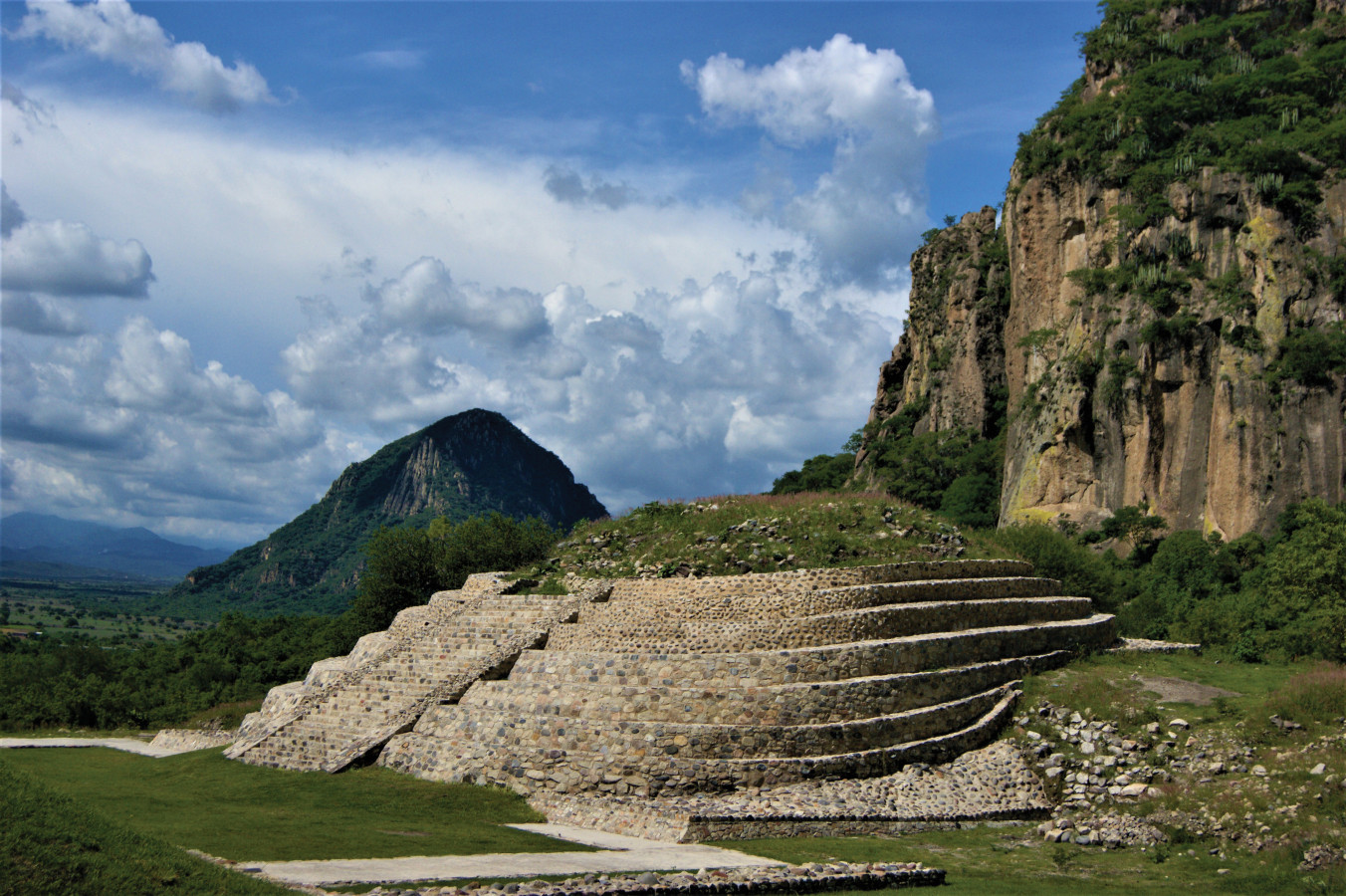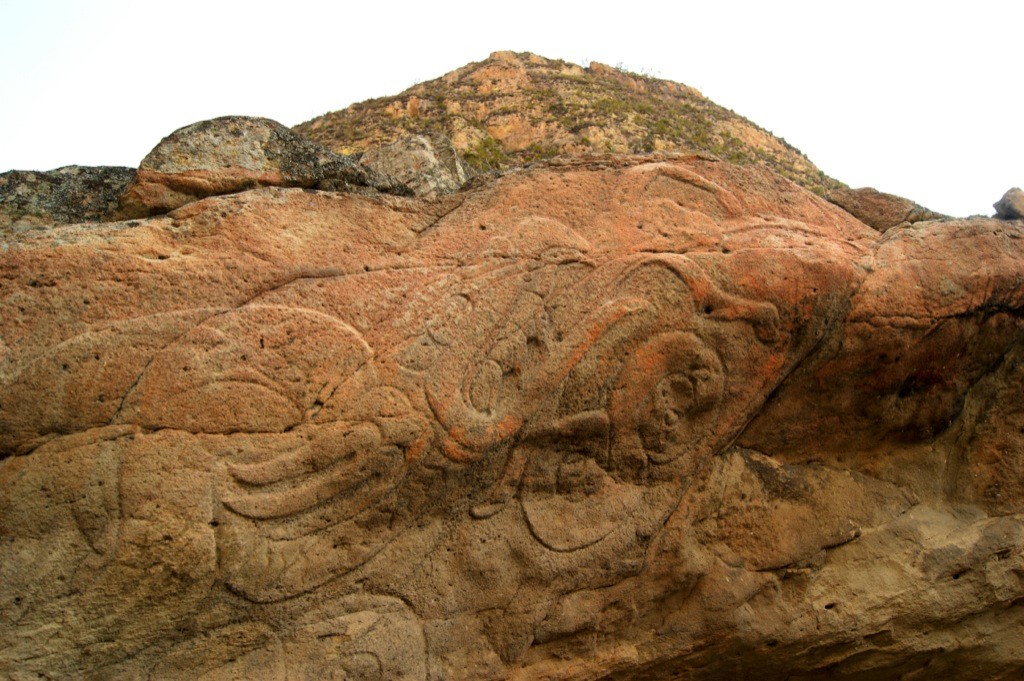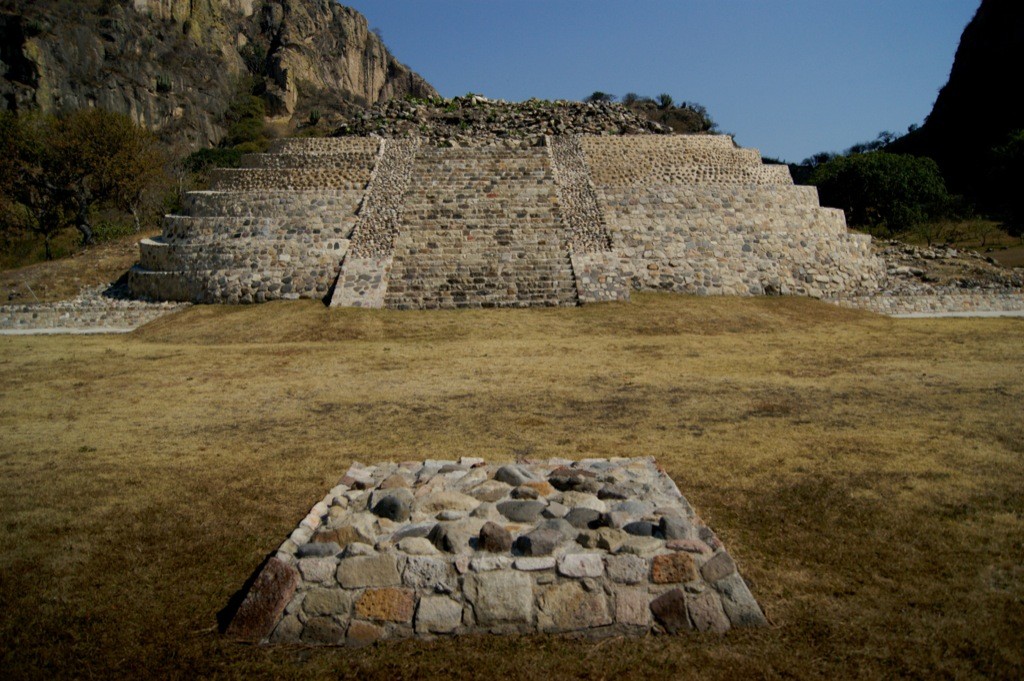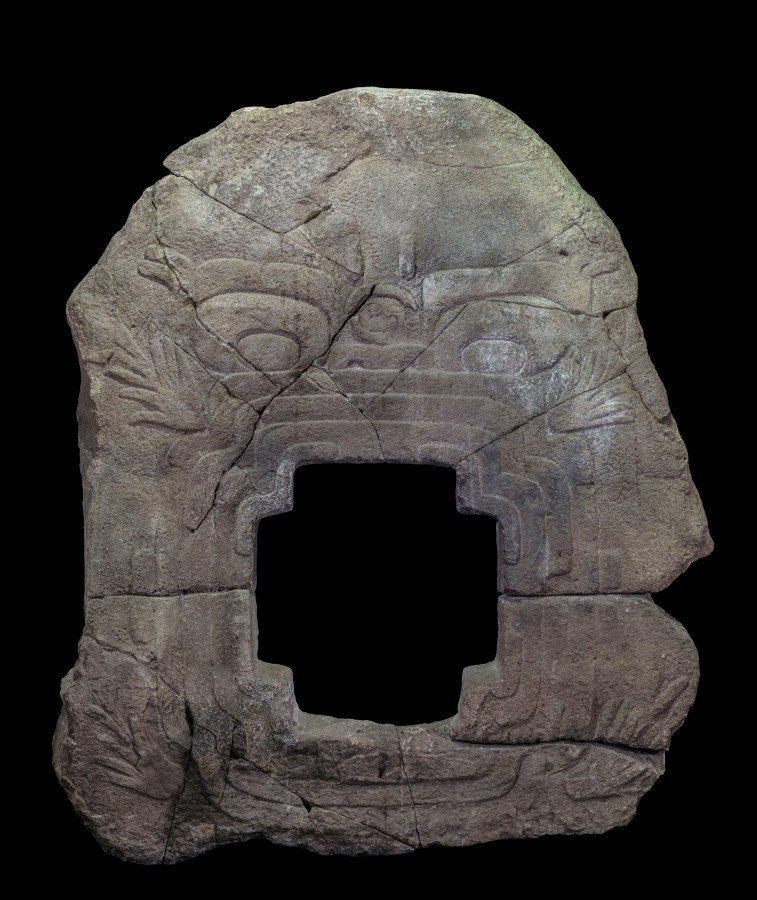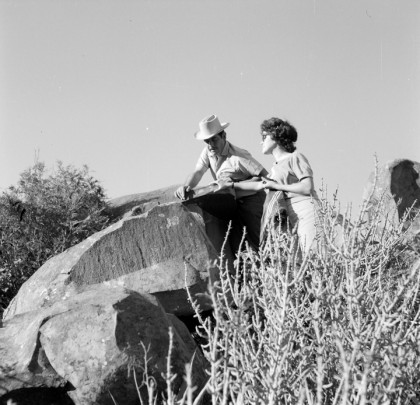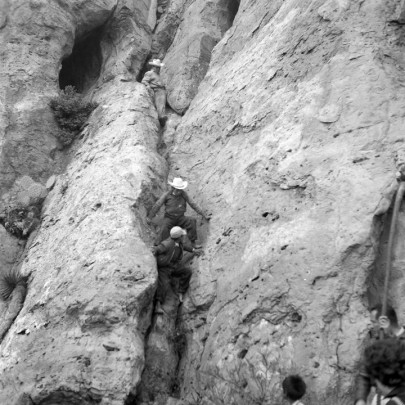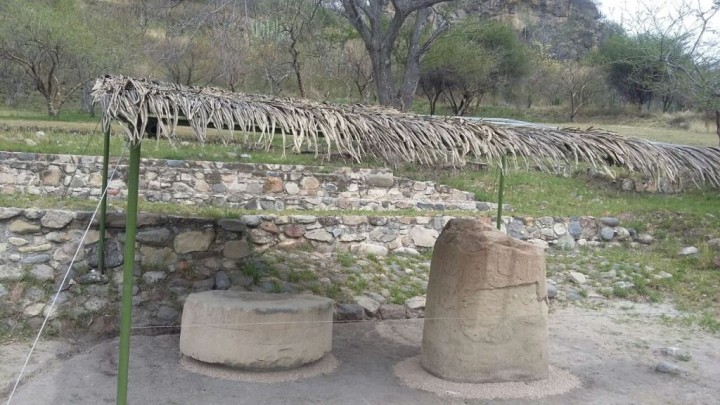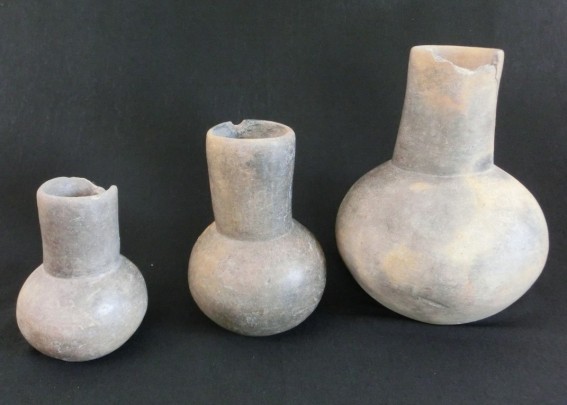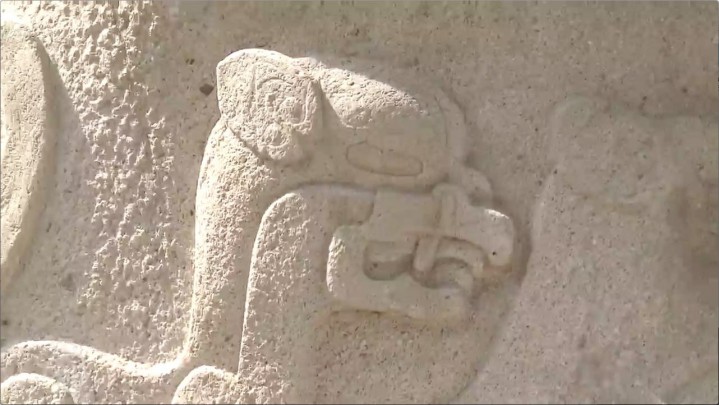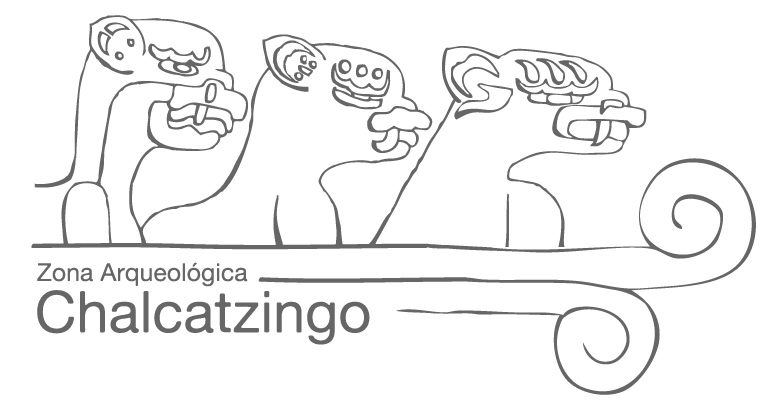Chalcatzingo
The Chalcas’ most valued place
An imposing city with a long history before our era, it rises from the Altiplano (high plateau), with outstanding reliefs, clearly influenced by the Olmecs from the distant Gulf coast. The buildings display a strength that has outlived the centuries.
About the site
Chalcatzingo lies in a truly extraordinary natural setting in the east of the state of Morelos, as the pre-Hispanic site was settled on the slopes of two rocky massifs known as Cerro Delgado and Cerro Ancho (or Chalcatzingo) overlooking the valley below. As the renowned anthropologist Carlos Barreto Mark wrote, this valley was occupied by the 14 tribes of the Tlalnahua before the arrival of the Spanish.
It is considered one of the most significant archeological zones on the Central Mexican Plateau, as its cultural relics are closely linked to interaction with the Olmec culture between the Gulf coast and the center of Mexico. The iconographic features of the Olmecs preserved at Chalcatzingo show the high level of social, political, commercial, artistic and religious development achieved by that culture during the Middle Preclassic.
Human occupation of Chalcatzingo began in prehistoric times, as shown by cave paintings dating back to 3,000 BC in the rocky shelters of Cerro Delgado, and continued until colonial settlement of the current town of the same name. This indicates continual habitation of the space around the hills by innumerable human groups of diverse ideologies and even ethnicity, who have occupied this place for 5,000 years, always making it their home and hub of their society, although it is important to note that its apogee came in the Preclassic period.
To summarize, Chalcatzingo was a very important civic-ceremonial center in the east of the Valley of Morelos during the Middle Preclassic period (1200-400 BC). The decision of its ancient inhabitants to build a pre-Hispanic city at the feet of Cerro Delgado and Cerro Ancho arose from a symbolism they ascribed to the rocky massifs as sacred mountains within the Mesoamerican worldview. It is therefore likely that this was the deciding factor in considering it a suitable place to settle.
It is considered one of the most significant archeological zones on the Central Mexican Plateau, as its cultural relics are closely linked to interaction with the Olmec culture between the Gulf coast and the center of Mexico. The iconographic features of the Olmecs preserved at Chalcatzingo show the high level of social, political, commercial, artistic and religious development achieved by that culture during the Middle Preclassic.
Human occupation of Chalcatzingo began in prehistoric times, as shown by cave paintings dating back to 3,000 BC in the rocky shelters of Cerro Delgado, and continued until colonial settlement of the current town of the same name. This indicates continual habitation of the space around the hills by innumerable human groups of diverse ideologies and even ethnicity, who have occupied this place for 5,000 years, always making it their home and hub of their society, although it is important to note that its apogee came in the Preclassic period.
To summarize, Chalcatzingo was a very important civic-ceremonial center in the east of the Valley of Morelos during the Middle Preclassic period (1200-400 BC). The decision of its ancient inhabitants to build a pre-Hispanic city at the feet of Cerro Delgado and Cerro Ancho arose from a symbolism they ascribed to the rocky massifs as sacred mountains within the Mesoamerican worldview. It is therefore likely that this was the deciding factor in considering it a suitable place to settle.
3000 a.C. - 400 a.C.
Preclásico Temprano a Posclásico Temprano
1200 a.C. - 400 a.C.
Preclásico Medio
Did you know...
- Different periods of occupation converge in the architectural complex of Chalcatzingo, from a Preclassic platform to an almost circular building belonging to the Early Postclassic.
An expert point of view
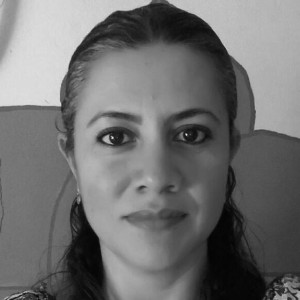
Carolina Meza Rodríguez
Centro INAH Morelos
Practical information
Monday to Sunday from 09:00 to 18:00 hrs. Last entry 17:00 hrs.
$75.00 pesos
En terrenos Ejidales, sobre la Calle camino a las Ruinas, s/n
From the city of Cuernavaca, take Federal Highway 138 towards Cuautla and continue to Izúcar de Matamoros on Federal Highway 160. At the Huayapan-Axochiapan junction, take the exit for the hacienda of Santa Clara Montefalco until you reach the town of Chalcatzingo.
Services
-
+52 (731) 351 9792
Directory
Responsable operativo de la Zona Arqueóloga
Carolina Meza Rodríguez
This email address is being protected from spambots. You need JavaScript enabled to view it.
(045) 7351852439

